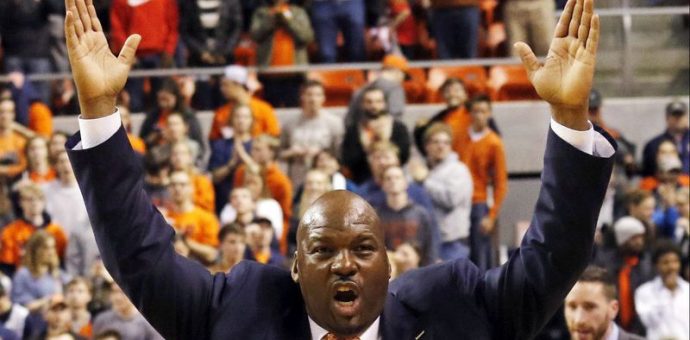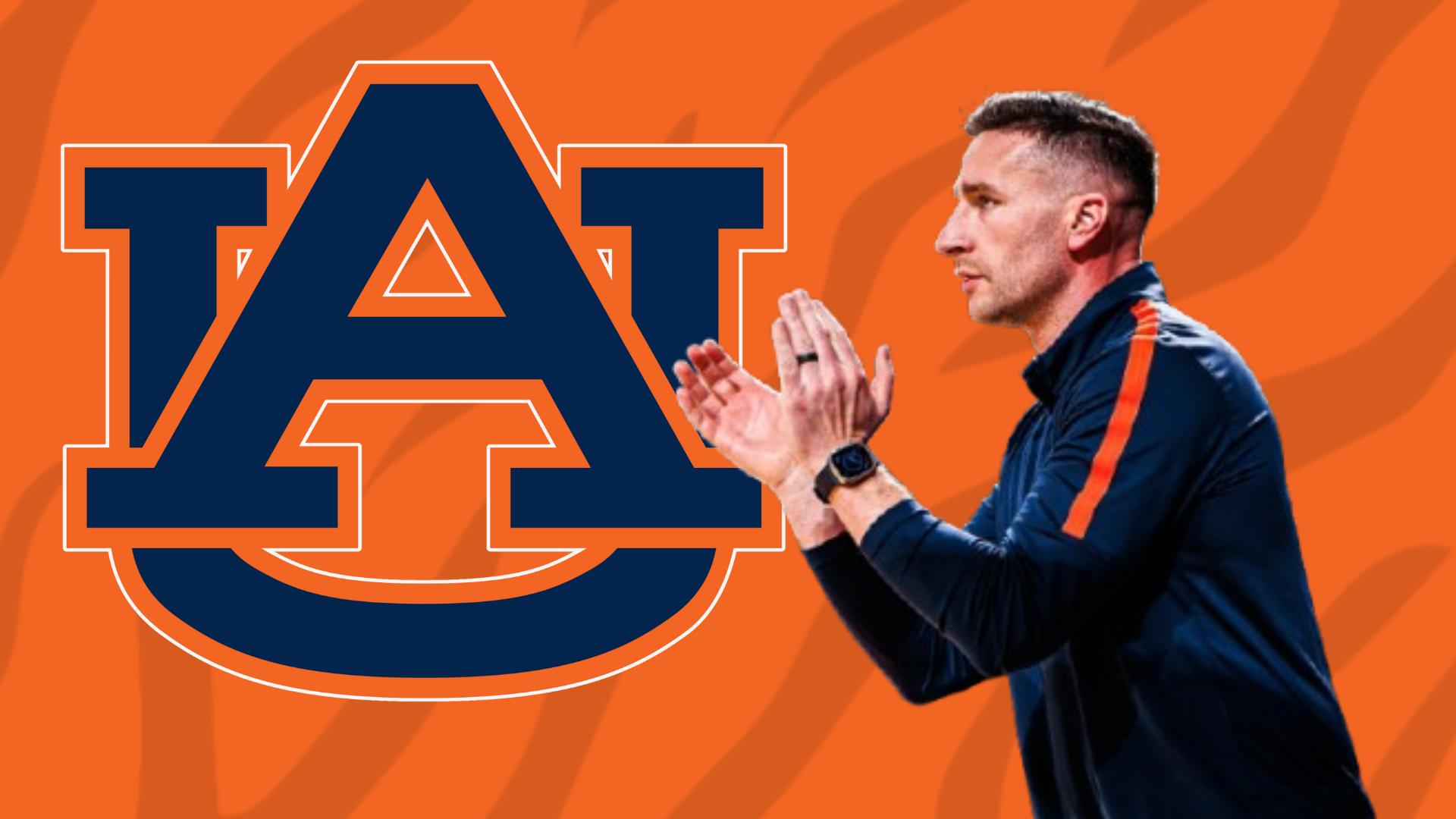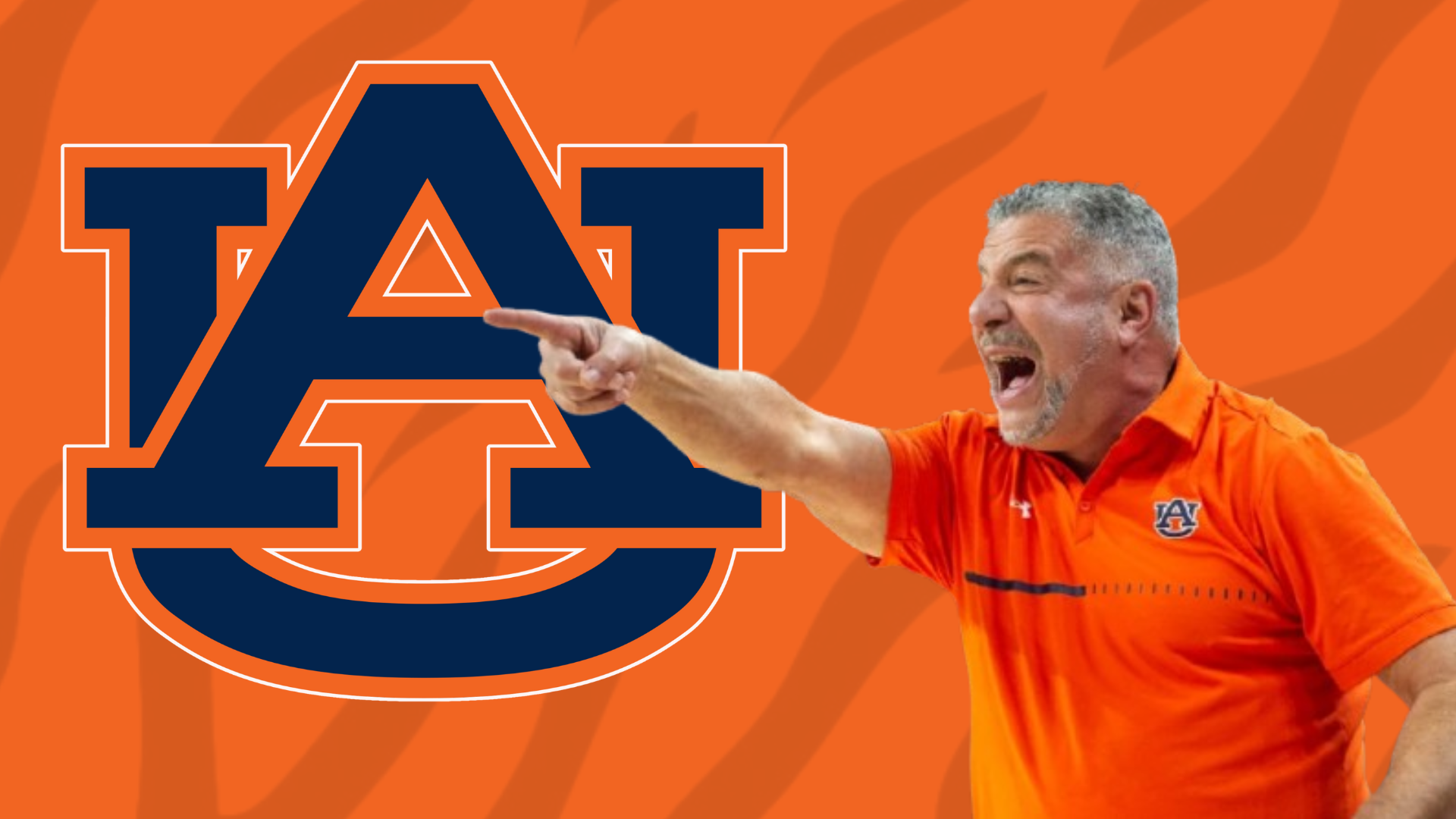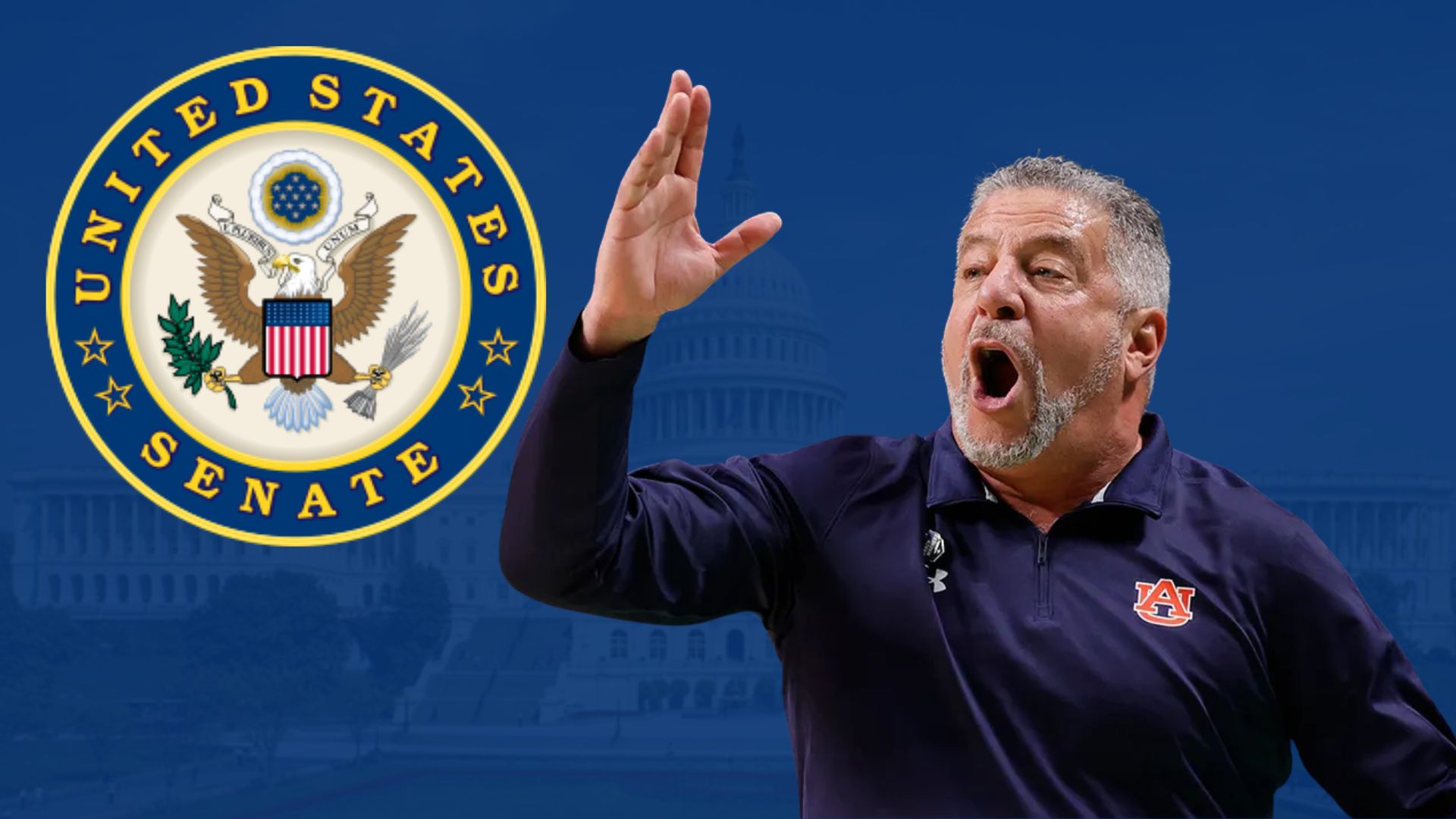NEW YORK (AP) — Former Auburn University assistant basketball coach Chuck Person has avoided prison in a bribery scandal that has touched some of the biggest schools in college basketball.
Person was sentenced on Wednesday to 200 hours of community service during the two years the Probation Department will supervise him. Judge Loretta A. Preska said “no purpose would be served by incarceration.”
Sentencing guidelines called for two years in prison, though three other coaches who pleaded guilty to the same charge also received lenient sentences.
Person, who was in financial trouble at the time, accepted $91,500 in bribes to parlay his relationships with top players to steer them to a financial adviser, federal prosecutors said. The adviser, however, was working as a government cooperator.
Preska defended her decision by saying she disagreed “vehemently” with the prosecution’s claim that Person was motivated by “insatiable greed.”
“He is charitable literally to a fault.”
She noted that after signing his first NBA contract, he sent most of the money to family members and bought his mother a house. She described how he bought homes and cars for family and friends and made continuous donations. Then, he turned down lucrative jobs in the NBA to make less money as a college coach.
Person wiped tears from his face several times during the sentencing.
Of his crime, he said: “I knew it was wrong, but I did it anyway.”
Person’s guilty plea in March to a bribery conspiracy charge came nearly two decades after he was a regular presence on NBA courts, known as “The Rifleman” for lighting up scoreboards with his long-range shooting skills.
After he was drafted by the Indiana Pacers in 1986, he went on to play for five NBA teams over 13 seasons. In 2010, he earned a championship ring as an assistant coach with the Los Angeles Lakers.
Lawyers wrote that Person’s previous financial troubles intensified almost as soon as his NBA career ended, when he was paying $30,000 monthly to his ex-wife while he was earning $18,000 annually in his first non-playing role with the Cleveland Cavaliers.
“Chuck’s singular focus on basketball, his failure to plan for his financial future, and his unbounded generosity ultimately had catastrophic consequences,” they wrote.
The lawyers said he knew he was violating NCAA rules and was betraying his players and their families and Auburn University.
By 2016, when he was an assistant coach at Auburn, where he had set a record as the school’s all-time leading scorer in the 1980s, he was deeply in debt with bank loans, including one to finance a community center in his hometown, and several private loans, the lawyers wrote. One financial institution had obtained a default judgment that garnished 25% of his wages at Auburn, they added.
“Creditors were growing impatient, and Chuck was becoming desperate. Chuck could have turned to his many friends for help, but he was embarrassed and ashamed,” they wrote.
Instead, the man who overcame racism and extreme poverty growing up in rural Alabama got swept up in the college basketball scandal when his search for a new loan earned him an introduction to the government cooperator, the lawyers said.
His lawyers’ submission included letters from Charles Sonny Smith, who coached at Auburn for 11 seasons through the 1980s, and Sam Perkins, another former NBA player who met Person when both competed to be on the U.S. Olympic team in 1984.
Smith called Person “my favorite player ever.” Perkins said Person was “still a good friend.”






